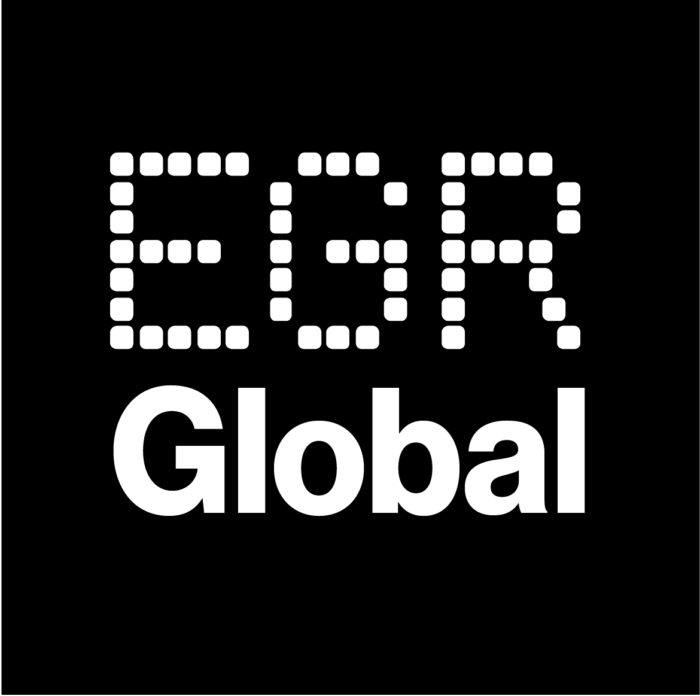
Big Debate: Is Germany’s gambling authority, the GGL, doing enough to stem the country’s online black market?
Bernstein Group's Kevin Rieger and DVTM chair Stefan Sulzbacher answer this month's burning question

Yes
Kevin Rieger, head of practice group for digital, gaming and gambling, Bernstein Group

The GGL recently released a press statement on the size of the online black market. It estimated, as of late November 2023, that 800 to 900 illegal websites generated total revenue of €300m to €500m in 2022. However, industry estimates on the revenue being generated by black-market operators are much higher.
Progress has been significant, though. The current 2021 Interstate Treaty succeeded in establishing an undisputed distinction between regulated and black-market operators. It also formed the very basis for the establishment of the GGL and, thus, the centralisation of enforcement efforts for the online sector. Offline, though, responsibilities and enforcement competencies remain with Germany’s 16 federal states, where much work needs to be done to tackle black-market operators.
Successful enforcement efforts can be seen in the online sector. This is particularly true for the use of financial blocking. Here, the GGL’s dialogue-oriented approach has led major payment service providers to only cooperate with white-listed operators, making the switch to the black market less convenient for online players.
Yet not all enforcement tools are currently operational. IP blocking has been halted due to pending court proceedings. Here, the GGL is in uncharted territory as the gaming sector is the first in Germany to attempt to implement IP blocking. The court’s final decision and potential changes to the legal basis of this measure will need to be closely monitored.
The existing set of enforcement tools will be examined as part of the evaluation of the Interstate Treaty, potentially leading to an expansion. The second side of the “channelisation coin” is also under review, namely the products’ attractiveness, ie game design requirements.
Changes in this area are frequently imposed on operators already and mostly do not require amendments to the Interstate Treaty. A continuous exchange with the GGL on how to enforce and improve the regulatory framework is therefore key for any participant in the German gambling market.
No
Stefan Sulzbacher, chairman of the board, DVTM

In my view, successful regulation needs to adhere to a few key principles. The rules must be clear and concise without contradiction, and operators need to work together with the regulator to ensure the rules are followed. Taxation should also be based on gross profits rather than stakes and there should be no restriction on legal operators offering attractive games.
Such regulation must be backed up by enforcement, with a focus on the black market. IP and payment blocking can be used as supportive tools against the black market but are not standalone solutions. They require appropriate regulation. Enforcement alone will not be sufficient.
Successful regulation requires an understanding on the risks of the black market. We estimate the volume of the black market in igaming to be at least 50% and, in line with recently published studies, we don’t believe that the attitude of German customers differs significantly from other European players.
The GGL, however, published substantially lower figures on its website, resulting in a completely different assessment of the risk of the German black market. The focus of enforcement is put on legal operators [by the regulator]. Some of our members have experienced the loss of customers to the black market during the various waves of implementation of the Interstate Treaty.
The internet doesn’t stop at the borders of Germany, and interested customers always find their way to offshore operators. Circumvention mechanisms are developing rapidly, both for access to operators and for payment, while we are already seeing decreasing tax revenues in Germany.
This isn’t the result of less gambling activity in Germany, but rather a shift to the black market caused by regulation and its implementation.
We understand that the GGL is bound by legislation, but we also truly believe there is room for improvement in understanding the position of the white-listed operators and the potential of the success of the legal industry to achieve the goal of channelling players to the legal rather than black market.